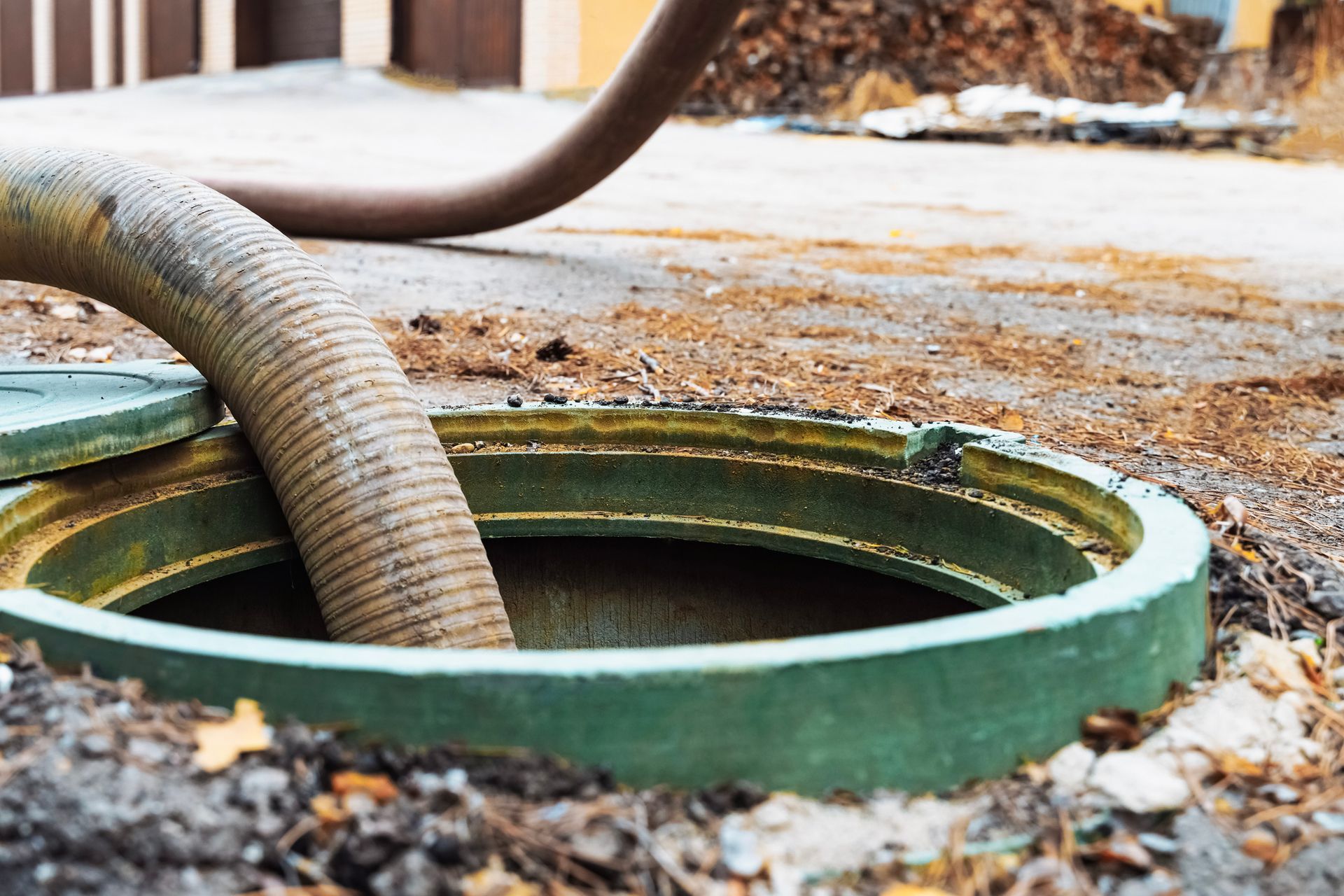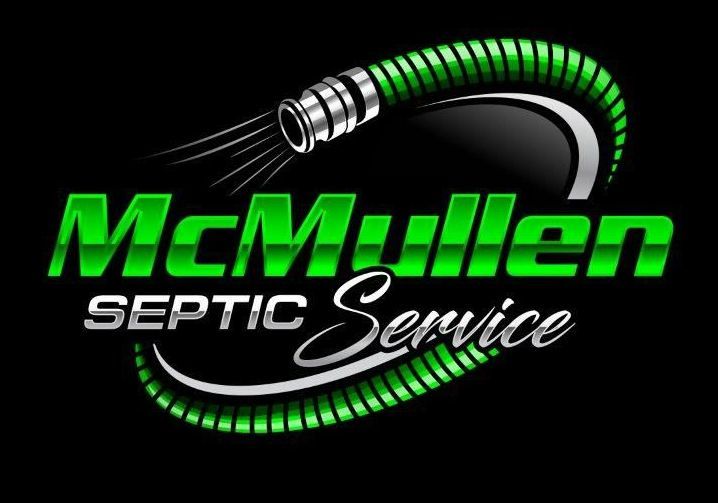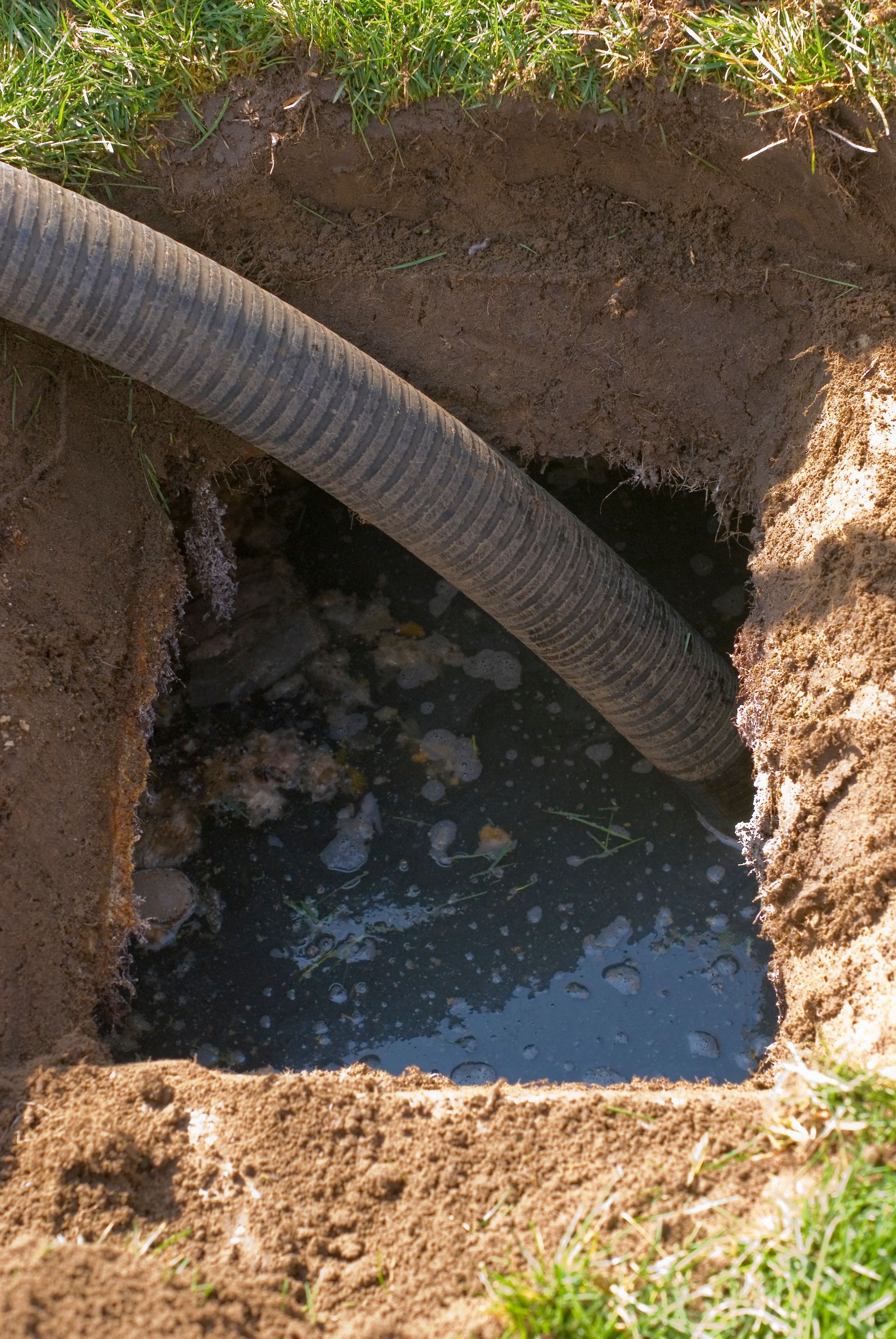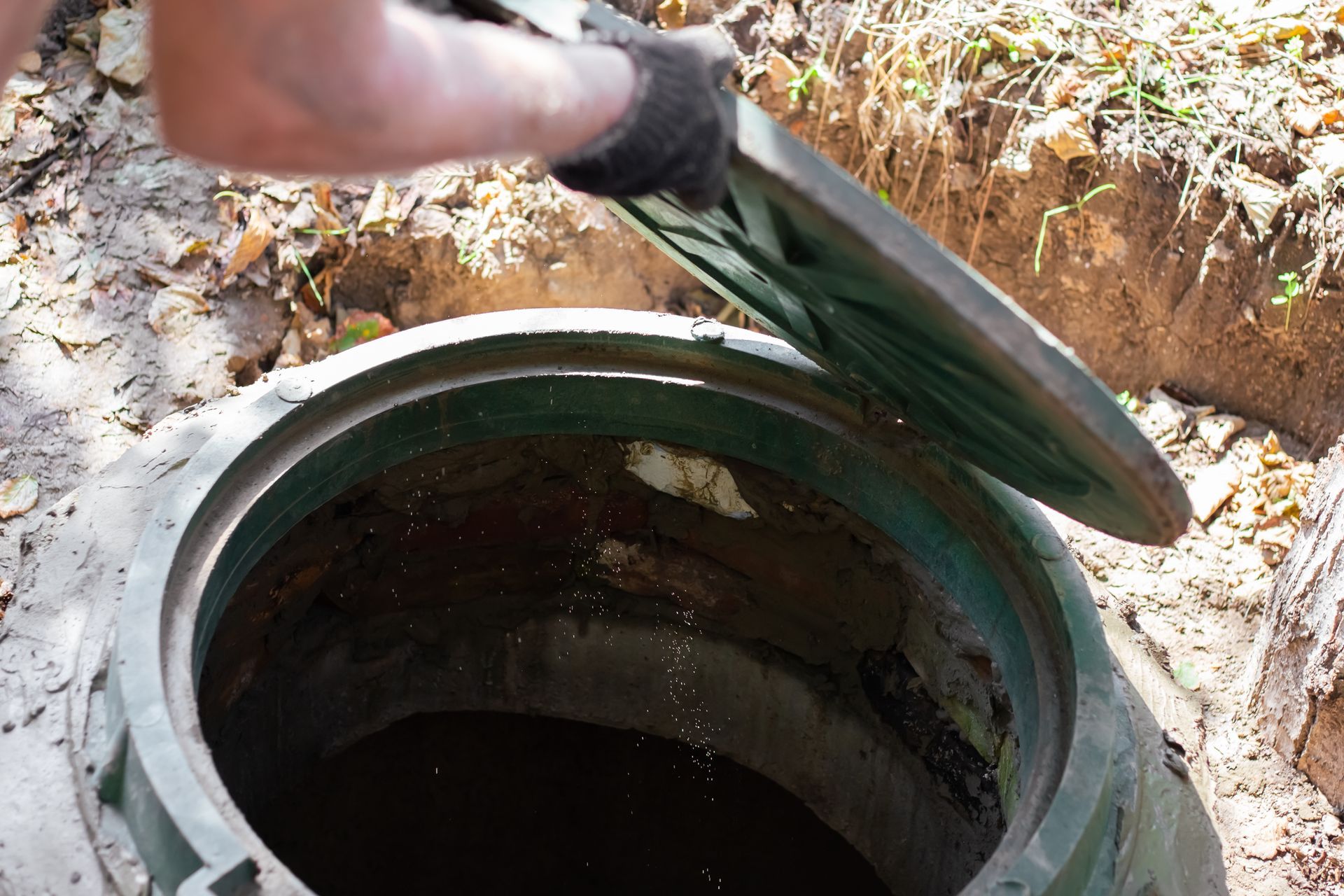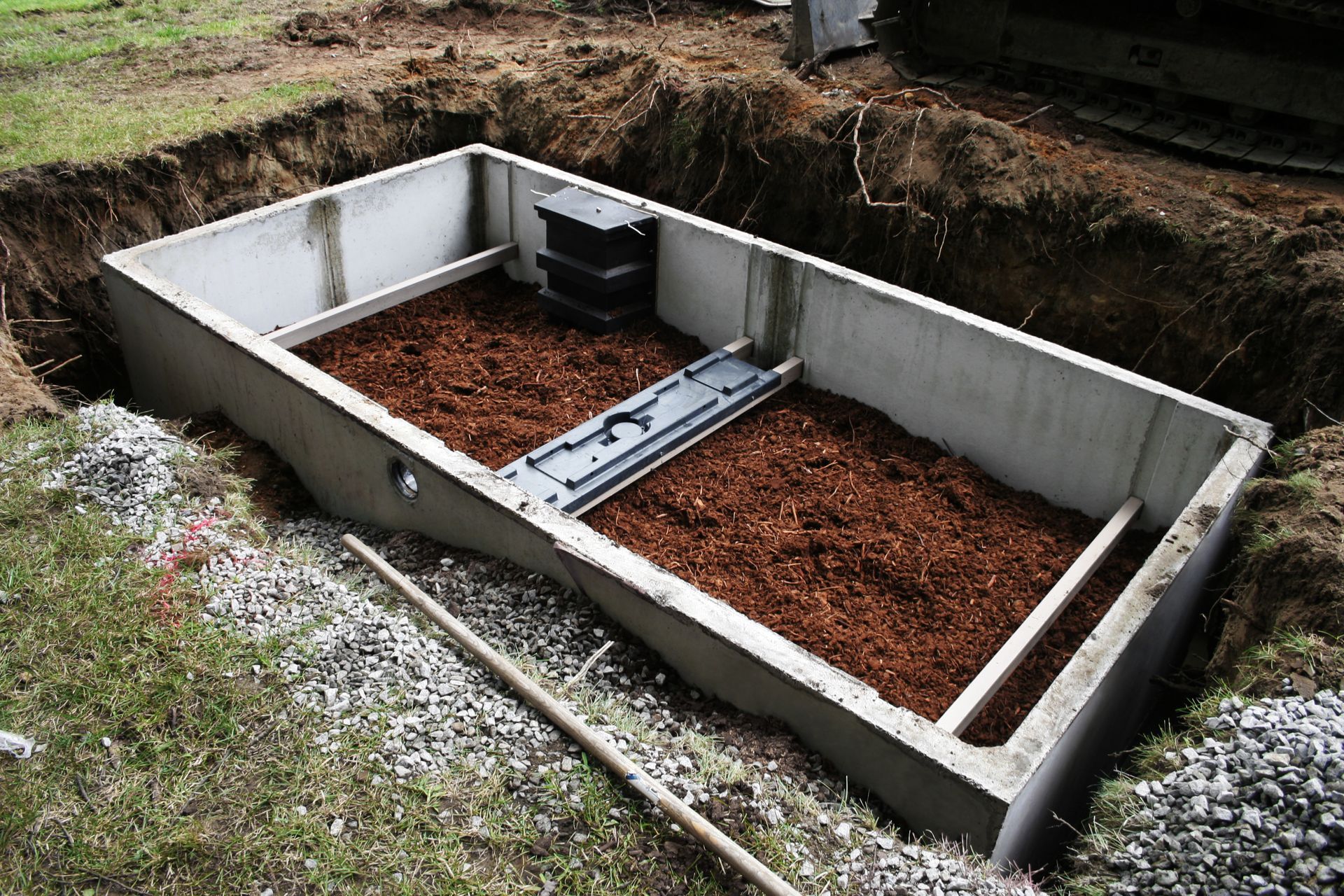Common Septic System Issues and How to Prevent Them in Lewes, DE
For homeowners and property managers in Lewes, DE, maintaining a septic system can often be a daunting task. But with professional help from reliable septic system installers in Lewes, DE, and regular sewer pumping in Lewes, DE, keeping your system in top condition becomes a whole lot easier. In this article, we will discuss some of the most common septic system issues and effective ways to prevent them.
Understanding Common Septic System Issues
Blockages and Backups
One of the most frequent issues that septic systems face is blockages and backups. This can occur when solid waste builds up faster than the bacteria in your septic tank can break it down. Common signs include slow drains, unpleasant odors, and, in severe cases, raw sewage backing up into your home.
Prevention Tip: Regular sewer pumping in Lewes, DE, can help prevent this issue. By scheduling routine maintenance every 2-3 years, you can ensure your tank is free of excess waste, reducing the risk of blockages.
Leaks and System Failures
Leaks in your septic system can lead to serious problems, including groundwater contamination and system failures. Leaks often result from damaged pipes or a worn-out tank, which can be difficult to detect until significant damage has occurred.
Prevention Tip: It’s important to have regular inspections by septic system installers in Lewes, DE. They can identify and repair small issues before they turn into major headaches, saving you both time and money in the long run.
Drainfield Problems
Your drainfield is a key component of your septic system, as it filters liquid waste from the tank into the surrounding soil. If the drainfield becomes clogged or fails, it can cause wastewater to surface, leading to unpleasant odors and potential health hazards.
Prevention Tip: To prevent drainfield problems, avoid overloading your system with excessive water use and harsh chemicals. Using water-efficient fixtures and avoiding bleach or chemical drain cleaners can help maintain the health of your drainfield.
Tips to Maintain Your Septic System
Regular Inspections and Maintenance
Routine inspections and maintenance tasks performed by professional septic system installers in Lewes, DE, are crucial for the longevity of your system. During these inspections, technicians can identify any potential issues and perform necessary repairs to keep everything running smoothly.
Proper Waste Disposal
What goes down your drains can significantly impact your septic system. Avoid flushing non-biodegradable items, such as paper towels, feminine hygiene products, and wipes, as these can quickly lead to clogs and backups. Instead, dispose of such items in a trash bin.
Conserving Water
Using large amounts of water in short periods can overload your septic system, leading to poor treatment of waste. Consider installing low-flow toilets and showerheads and spreading out laundry loads to give your septic system time to properly treat wastewater.
When to Call a Professional
Even with regular maintenance and proper care, issues can still arise that require professional intervention. If you notice persistent slow drains, foul odors, or sewage backups, it might be time to call in experts for septic system repair. Ignoring these signs can lead to more severe and costly problems down the road. Remember, professional help from septic system installers and regular sewer pumping in Lewes, DE, are valuable resources in maintaining a healthy and functional septic system. Contact McMullen Septic Service today to ensure your system receives the expert care it needs!
